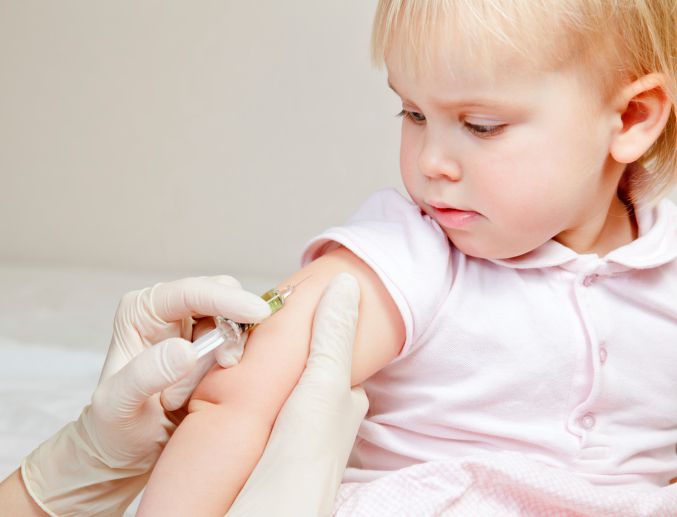NSW Health is appealing to people to ensure everyone in their family is properly immunised against measles.
Public health experts are concerned about the largest measles outbreak in more than a decade with 124 cases reported this year and numbers continue to rise.
There has been a spike of measles cases in NSW since the beginning of June, initially in Western Sydney, South Western Sydney and now in the Illawarra district.
“Measles is a nasty infection which is preventable through vaccination,” said NSW Health Director for Health Protection, Dr Jeremy McAnulty.
Over the past 4 months 95 confirmed cases of measles have been diagnosed in the Campbelltown and Liverpool areas. 3 cases of this serious virus were diagnosed in Illawarra last week.
Measles is highly contagious and can be spread by being in the same room with someone carrying the disease.
“Anyone with symptoms of measles should not to go school, work or go out in public. Anyone who thinks they might be infected should see a doctor, but call ahead to make sure they don’t infect others at the doctor’s surgery,” said Dr McAnulty.
“People need two doses of MMR (Measles, Mumps and Rubella) vaccine for the best protection against measles. Unvaccinated or partially vaccinated people are most at risk. It is safe to have the vaccine more than twice, so people who are unsure of their immunity should get vaccinated,” said Dr McAnulty.
Measles vaccine is free from your GP.
Anyone born in Australia before 1966 is likely to be immune and not need vaccination.
The time from exposure to the onset of symptoms is usually around 10 days but can be as long as 21 days.
“People with measles usually feel extremely unwell. Symptoms can include a high fever, tiredness, runny nose, cough and sore eyes before a blotchy red rash appears.”
Dr McAnulty said a quarter to a third of people with measles require hospitalisation.
Source: NSW Health




 (6 votes, average: 3.33 out of 5)
(6 votes, average: 3.33 out of 5) 






